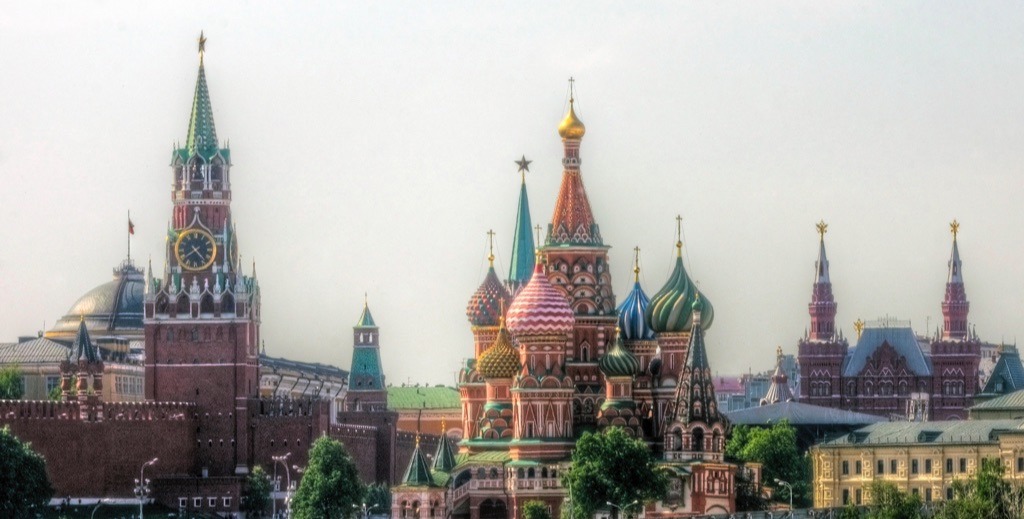This year’s Russian Internet Governance Forum (RIGF) that took place on 7 April in Moscow offered something old, something new, and well, something borrowed.
The high-level messages from the Russian government representatives made it clear that the Internet is a strategic platform for the country’s economic and social development. The representative of the Ministry of Telecommunications and Mass Media quoted impressive numbers reflecting the increasing importance of the Internet to the Russian economy. In 2015, the size of the Internet economy increased from 750 million RUR to 1 billion RUR, and the number of jobs related to the Internet increased from 1,2 million to 2 million. In parallel, it was recognised that the Internet enables democratic processes, social life, and equal access to information and services.
The hot topic on everyone’s lips was security. I had a pleasure to participate on a panel discussion on Internet infrastructure resilience and critical infrastructure protection. The Russian government is currently working on an Internet security strategy or doctrine, which served as an interesting backdrop to the discussion. Some of the key issues raised concerned the definition of critical infrastructures and the lack of funding in Russia for improving the Internet infrastructure resiliency. Many parallels were drawn and comparisons made between the plans and practices related to critical infrastructure protection in Russia and the European Union.
What was new in this year’s RIGF was the presence of the youth. Ludmila Bokova raised online culture and behaviour as an important aspect of Internet governance at national level. A new campaign to raise awareness amongst Russian high-school students in this regard has been launched with support of the Coordination Center for TLD .RU/.РФ (CcTLD.RU). Furthermore, four students were awarded at RIGF for their research projects on Internet policy topics. The projects included analysis of “Legal Aspects of Pressing the ‘Like’ Button” and “Right to Be Forgotten”. Clearly, the Russian youth are following their time.
Finally, Moscow calling… can you hear us Buenos Aires? The technical community in Latin America have been attending Internet Engineering Task Force (IETF) meetings through remote hubs for a while already. As the IETF 95 meeting in Buenos Aires took place at the same time with the RIGF, this was a perfect opportunity to pilot remote hubs in Russia. The CcTLD.RU took a lead in organizing the hubs for the technical sessions at their premises, and in addition, we connected with colleagues in Buenos Aires live through video during RIGF. Dan York, Jari Arkko and regular participants from the Russian technical community talked about the work at the IETF and its relevance to Internet development at national level. (A video recording of the session is available.)
Russia has a strong and dynamic Internet community – a real asset to the country. The RIGF provides an open platform for the Internet stakeholders to get together to reflect on both national and international issues linked to the Internet in a transparent manner. It is the right venue to celebrate the successes and opportunities brought on by the Internet, and to debate some of the perceived threats and uncertainties. Long may this tradition continue!
Image credit: Mariusz Kluzniak on Flickr CC BY NC ND 2.0
